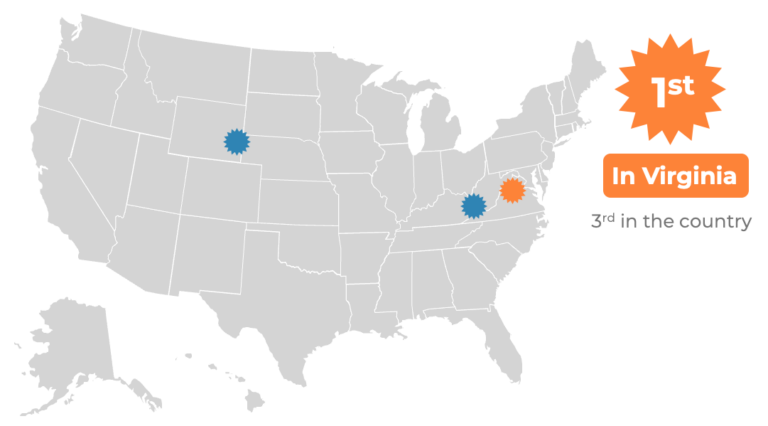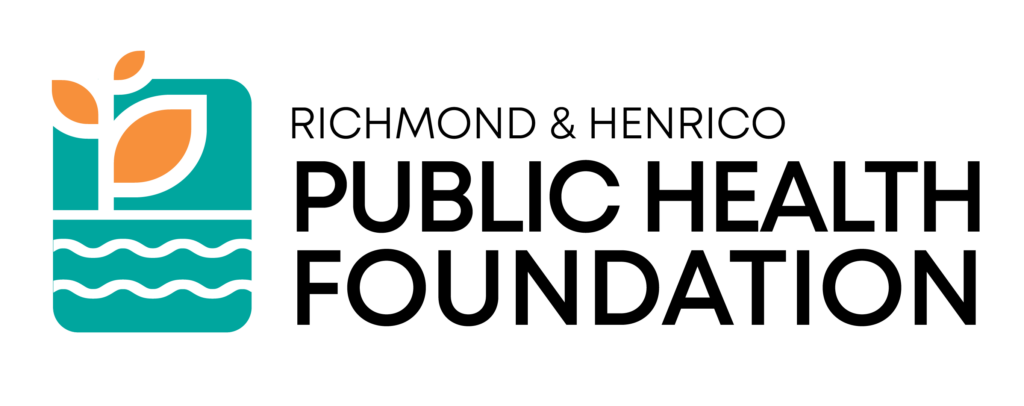Background
- Home
- Health Equity Fund
- Background
A Leading Initiative Investing in Health Equity
The third municipal Health Equity Fund in the country, Richmond’s HEF is dedicated to putting resources into community-based projects that disrupt and challenge the historic inequities in our populations’ health outcomes. After Boulder, CO and Louisville, KY, Richmond’s Health Equity Fund was established in the fall of 2021 with the leadership and support of Mayor Levar Stoney, the Richmond City Council, and Richmond and Henrico Health Districts (RHHD).
While RHHD and the City have worked with partners to advance health equity for decades, the Health Equity Fund was established through the Public Health Foundation at a unique and critical moment. The federal American Rescue Plan Act (ARPA) allocated $155million to the City of Richmond in 2021 as a response to the then-ongoing COVID19 pandemic.

ARPA provided Richmond with a once-in-a-generation opportunity to address the longstanding health disparities highlighted and exacerbated by the COVID-19 pandemic.
After rounds of public engagement and deliberation, Richmond committed to establishing the Health Equity Fund to create a dedicated pathway to invest in our communities’ leaders innovating and delivering critical programs and services that challenge the legacies of structural racism.
How were the HEF's funding priorities developed?
Lots of data and lots of listening.
HEF Funding priorities were established by layering ongoing, comprehensive data surveillance about all aspects of public health with the many community engagement processes that have taken place over years preceding and up through 2021. Sources include:
- The City of Richmond’s ARPA prioritization engagement process
- US Census data from the most recent American Community Survey on race, ethnicity, age, income, car ownership, and other measures of social determinants of health
- Adult health behavior and outcome data from the national Behavioral Risk Factor Surveillance System, prepared by the CDC Places Project
- Youth health behavior and outcome data from the Youth Risk Behavior Survey, also known as the Virginia Youth Survey
- Data on health and wellbeing from the CDC’s Social Vulnerability Index and VDH’s Health Opportunity Index
- Measures of walkability and transit accessibility from the EPA’s Smart Locations Database
- Life expectancy data from USALEEP, the CDC’s neighborhood-level life expectancy estimation project
- City and county mapping data showing the location and geographic proximity to health-supportive resources such as schools, parks, and grocery stores
- Traffic violence data from the Virginia DMV
- COVID-19 vaccination, testing, burden, and outcome data from the Virginia Department of Health
- Substance Use Disorder Task Force data
